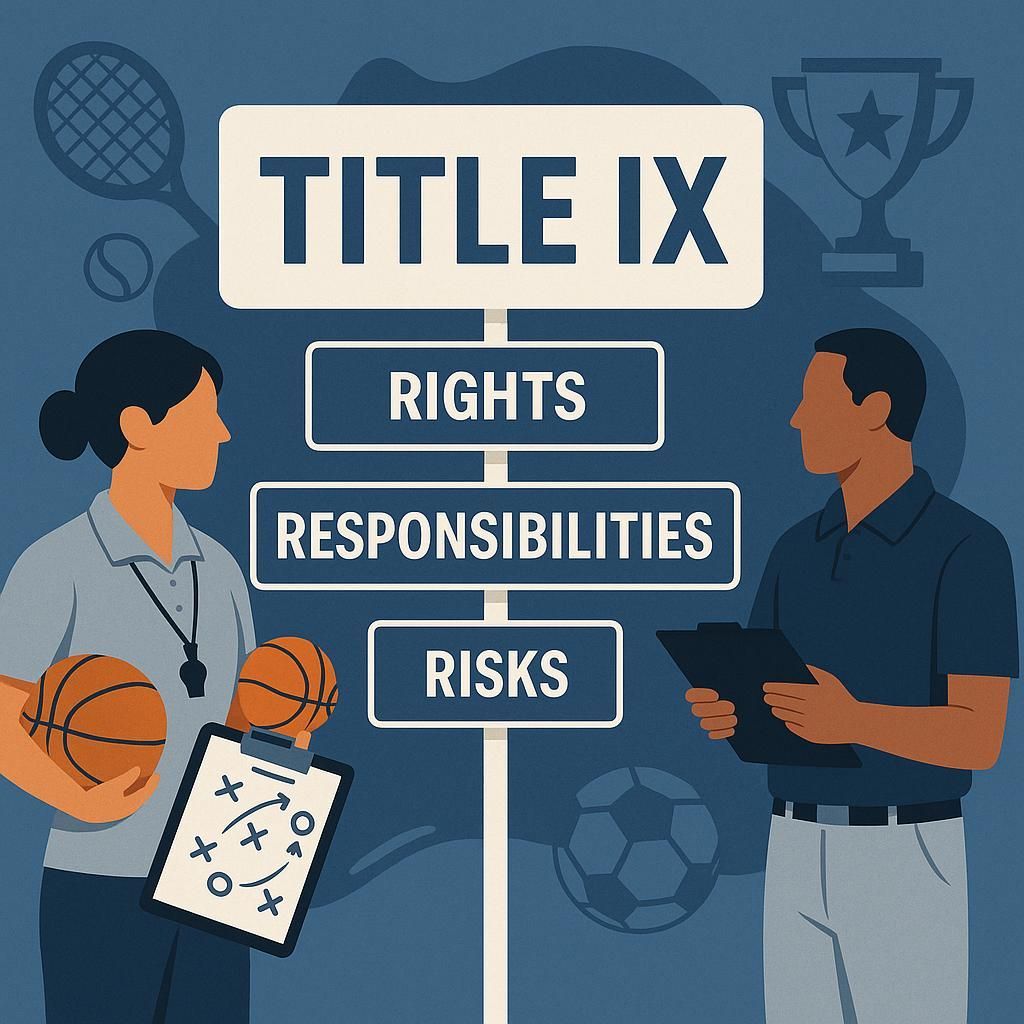Filing a Will in Texas: Do You Need to Record Your Last Will and Testament?
Filing a last will and testament is a critical step in ensuring your wishes are honored and your loved ones are cared for. In Texas, the process can seem complex, with questions about when and how a will should be filed. Whether you're preparing your own will or handling a deceased person’s estate, understanding the legal requirements and benefits of recording a will is essential.
This article explains the legal framework for wills in Texas, the role of the probate court, and key considerations to help you navigate this important part of estate planning.
Legal Requirements for Wills in Texas
What Makes a Will Valid Under Texas Law?
Under Texas law, a valid will must meet specific requirements to ensure it is legally recognized:
- The person making the will (testator) must be of sound mind and at least 18 years old or legally emancipated.
- The will must clearly express the testator’s testamentary intent to distribute their assets.
- It must be signed by the testator and two witnesses, who are at least 14 years old and not beneficiaries.
- A self-proving affidavit, signed by the testator and witnesses, can simplify the probate process.
These requirements ensure the will is considered valid and enforceable.
Do You Need to File a Will During Your Lifetime?
In Texas, a last will and testament does not need to be filed or recorded while the testator is alive. It becomes relevant for filing after the testator's death, during the probate process. However, securely storing the original will is crucial to avoid complications.

Filing a Will After Death
The Probate Process in Texas
After a person’s death, their last will must be filed in probate court within four years. This initiates the legal process of administering the estate, paying outstanding debts, and distributing assets to the beneficiaries named in the will.
Key steps in the probate process include:
- Filing the original document with the appropriate court.
- Validating the will and ensuring it meets all state law requirements.
- Appointing an executor to manage the estate.
- Distributing personal property, real property, and other assets.
Failing to file a will in probate court can result in complications, such as the decedent’s wishes being overlooked or the estate being distributed according to Texas intestacy laws.
When Is Filing Mandatory?
In Texas, filing a will is mandatory if:
- The deceased person’s assets need to be distributed through probate.
- There are disputes among family members or beneficiaries regarding the estate.
- The will is required to transfer ownership of real property or other significant assets.
Finding and Obtaining a Will in Texas
How to Locate a Will
If you need to find a will, it may be:
- Privately stored: Often kept in a safe deposit box or with an estate planning attorney.
- Filed with a court: Some testators choose to file their wills with the probate court for safekeeping.
Contacting the county courthouse or the testator's attorney can help locate the original will.
Obtaining a Copy of a Will
To obtain a copy of a will filed in public record, you can:
- Contact the probate court where the will was filed.
- Request access to the legal document by providing the testator’s name and date of death.
- Pay any applicable fees for copies of the entire document.

Benefits of Recording a Will
Why Consider Recording a Will During Life?
Although Texas does not require filing a will during a person’s lifetime, doing so can offer advantages, including:
- Preventing disputes: Filing ensures the original will is secure and less likely to be contested.
- Simplifying access: It makes the document easily available after the testator's death.
- Ensuring authenticity: Recording a will with the court confirms it is the testator’s signed original and meets all legal requirements.
Key Considerations for Texans
Texas-Specific Probate Rules
Texas probate laws are unique in several ways:
- Community property: For a married person, the will must address both community property and separate property.
- Holographic wills: Texas recognizes handwritten wills if they meet specific criteria, such as being written entirely in the testator’s own handwriting.
- Digital or electronic wills: These are not yet widely recognized under Texas law, though the Supreme Court may address this in future rulings.
Common Pitfalls to Avoid
To ensure your will is legally valid and accessible:
- Avoid storing the original will in hard-to-access locations.
- Ensure the will includes specific details and clearly identifies beneficiaries.
- Work with an experienced estate planning attorney to avoid errors or ambiguities.

Ensuring Your Will Meets Texas Legal Standards
Key Considerations When You Get a Will in Texas
When you decide to get a will, ensuring it complies with Texas law is essential to protect your assets and express your final wishes. Texas allows for several types of wills, including a handwritten will (holographic) or a digital or electronic will in certain cases, though the latter is not widely recognized and may require legal guidance to ensure validity.
For a will to be valid, it must be in writing, signed by the testator, and witnessed by two adult witnesses, ideally two disinterested witnesses who are not beneficiaries. Including specific details about your bank accounts, distribution of assets, and care for minor children ensures that the will reflects your intentions. When creating a new will, it is crucial to revoke the old one, either by physically destroying it or including a clause stating its revocation. Consulting a lawyer ensures your estate plan is comprehensive, legally sound, and accounts for other family members, living relatives, and even your preferences for future medical care.
Understanding the Role of a Will in Managing a Probate Estate
How a Will Simplifies the Distribution of Assets
A valid will is a critical document for managing a probate estate, as it provides clear instructions for distributing the deceased's assets, including bank accounts, real property, and personal belongings. For a surviving spouse, a will ensures that their rights are protected, especially in cases involving community property or disputes with other family members.
To be enforceable in Texas, a will must meet legal requirements, including being signed by the testator and witnessed by at least two adult witnesses. For example, if the will does not include a self-proving affidavit, additional steps may be required to validate it in probate. While the will is the primary guide for the probate process, other documents, such as property deeds or financial statements, may also play a supporting role in ensuring assets are properly transferred. By addressing these requirements, you can streamline the probate process and protect your family’s interests.

Ensuring Your Bank Accounts Are Included in Your Will
Do Wills Require Witnesses for Bank Accounts and Financial Assets?
Including a bank account in your will ensures that funds are distributed according to your wishes rather than being subject to default state laws. For your will to be valid in Texas, it must require witnesses, typically at least two adults, who can attest to the testator's signature and intent.
For example, if you have multiple financial accounts, explicitly naming beneficiaries or specifying how each account should be distributed is essential to avoid confusion. Additionally, a self-proving affidavit can further streamline the probate process by minimizing disputes over the will’s validity. Addressing your financial assets in detail helps ensure your estate is handled according to your wishes.
Consult an Attorney to Secure Your Will
Ensuring your will complies with all Texas legal requirements is essential for protecting your assets and providing peace of mind for your loved ones. At Masterly Legal Solutions, our experienced attorneys can guide you through the process of creating, updating, or filing your will. Whether you need assistance deciding if filing your will is the right choice or ensuring your estate plan is comprehensive, we are here to help.
Call us at (972) 236-5051 for a free consultation. We offer mobile estate planning services, including living trusts and wills, to make the process as convenient as possible for you.
Please note that this post is not legal advice, it is merely informational. For specific advice, speak with a qualified lawyer.

Looking for Legal & Business Solutions? Contact Us Now
Fill in the form or call us to set up a meeting













